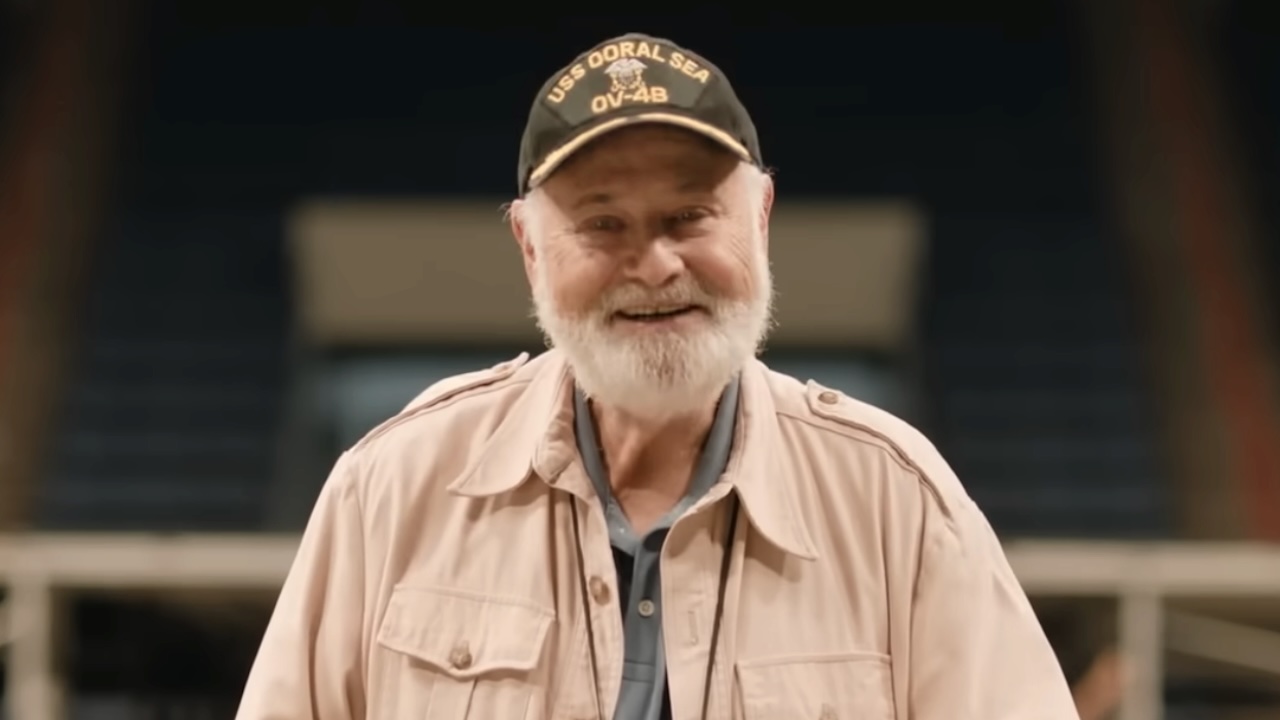Why It's A Good Thing DC Isn't Focused On A Shared Universe Anymore
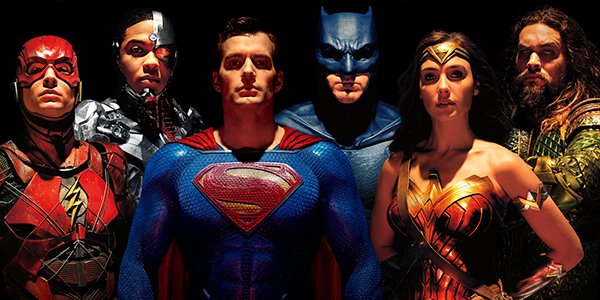
Back in 2011, one year prior to the final film in Christopher Nolan’s Dark Knight trilogy, Warner Bros. released Green Lantern. That film was intended to launch a DC cinematic universe akin to what Marvel was doing with its MCU. That failed, forcing Warner Bros. to start over and try again with 2013’s Man of Steel. That was the beginning of the DCEU, a shared cinematic universe of DC’s comic book characters.
Needless to say that the DCEU has proven more successful than Warner Bros' first shared universe attempt, but not to the degree that many might have expected or hoped for. Now, six years later with six films (soon to be seven) out, DC seems to be moving away from the Marvel model. Warner Bros. Pictures Group Chairman Toby Emmerich recently said that DC is now playing by its own playbook and is less focused on a shared universe.
This is obviously a huge shift from a company that jumped to a team-up film prior to launching all of the starring characters in their own solo movies. We also don’t know yet what this less emphasis on a shared universe means. Will these characters just exist in their own pocket universes now with their own franchises (a Gotham shared universe, for instance) or is there still the possibility that there will be more interconnectivity and team-ups down the line? We’re left to wait and speculate for now, but at the moment this seems like the right move. Here’s why.
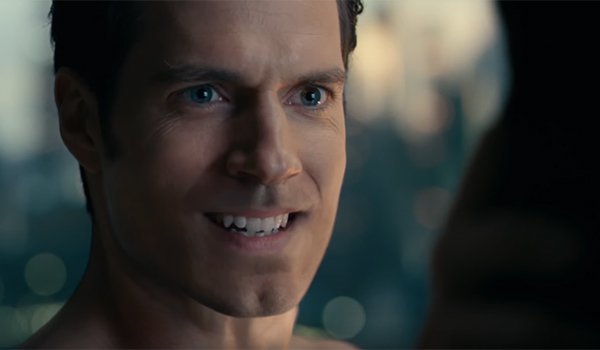
The Shared Universe Isn’t Working
While many might disagree, this isn’t really a matter of opinion. If everything were going great, DC wouldn’t have had to make so many course corrections over these past few years to the point that the focus is no longer on a shared universe.
Last year, we heard that Henry Cavill had exited his role as Superman, the leader of the Justice League and the face of the DCEU. Coupled with the suspicion that Ben Affleck would no longer be Batman, that meant that the DCEU as we briefly knew it was essentially done. While Henry Cavill’s status is still unconfirmed, we now know for sure that Ben Affleck will not be reprising his role as Batman in Matt Reeves’ 2021 film. This breaks the DCEU.
The only way to forge ahead with a shared cinematic universe is to recast the roles or reboot entirely, losing Gal Gadot and Jason Momoa in the process. That’s an untenable position. But it doesn’t matter if the focus is no longer on a shared universe. We don’t have to worry about Gal Gadot acting opposite a new actor portraying Bruce Wayne if these films will no longer have that level of interconnectivity. The shared universe wasn’t working; it’s time to try something else.
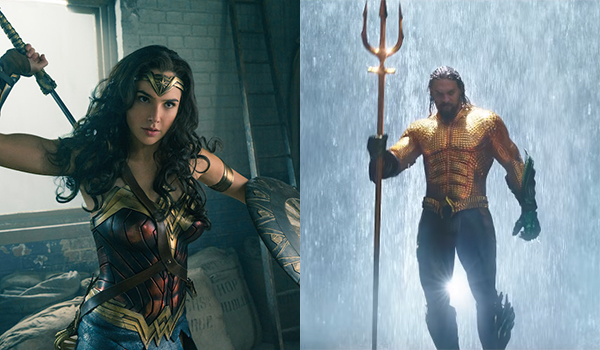
The Solo Films Are Succeeding
While the ‘shared’ part of Warner Bros.’ DCEU isn’t working so well, the solo films have actually been huge successes. It’s almost like WB should have led with them. The three solo DCEU films, Man of Steel, Wonder Woman and Aquaman, are also the three best-reviewed DCEU films, according to Rotten Tomatoes.
Your Daily Blend of Entertainment News
Not only are the solo films well reviewed, they are succeeding financially too, whereas the DCEU team-up movies have largely been an either/or proposition. Wonder Woman is the most successful DCEU movie at the box office domestically and Aquaman is the worldwide box office champ for DC movies period, even eclipsing The Dark Knight Rises.
These characters, when given the opportunity to really shine on their own in solo films, are working and connecting with people. As a character, Aquaman used to be a punchline, but upon being given a chance to spread his fins under the care of a filmmaker allowed to execute vision, he’s become an unqualified success. The solo films are what is working in the DCEU, and less of a focus on interconnectivity allows for more films like that and, ideally, similar success.
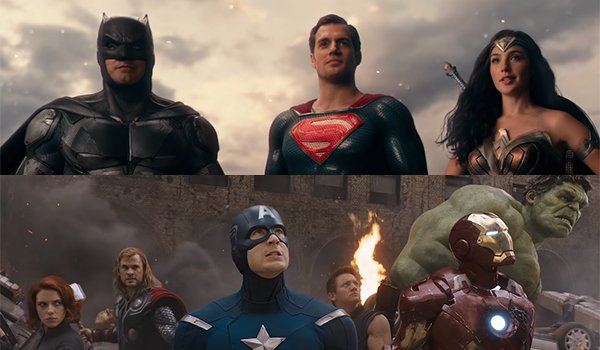
Different Expectations & Fewer Comparisons
Ever since Marvel popularized the model, seemingly every studio has been searching for its own shared cinematic universe. While the financial benefits of that model are the incentive, it also carries with it the burden of great expectations and the unflattering exercise of comparison.
Every misstep of the DCEU, financially, critically or both, has raised alarm bells about the future of the rest of the universe. For the entire time the DCEU has existed, it's been compared to the MCU, which is entirely fair because Warner Bros. was trying to duplicate that universe’s success. By not focusing and emphasizing the shared nature of this cinematic universe, the expectations are different and there are fewer unflattering comparisons.
Any movies that disappoint won’t weigh down excitement for movies that come after. Superman Returns didn’t make anyone less excited for The Dark Knight. By not focusing on a cinematic universe, each new DC film can stand on its own and be judged on its own merits. Moreover, there will not be the need or expectation for each film to build connective tissue towards spinoffs and team-up movies at the cost of the film itself. That should result in better movies.
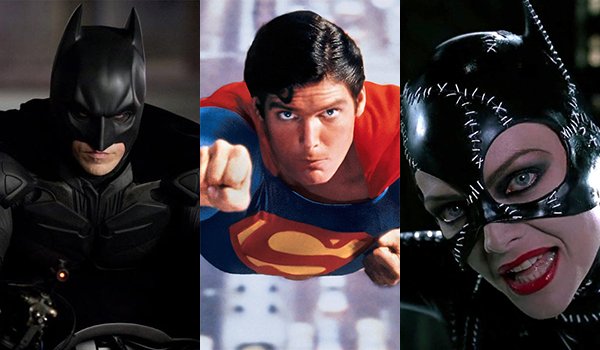
It’s Worked Before
The struggles of the DCEU have made DC movies look like they were getting lapped by Marvel, but that wasn’t always the case. The Christopher Reeve Superman movies were succeeding for DC back in the late '70s and '80s, and when 1989’s Batman was taking the world by storm, Marvel was releasing direct-to-video movies like The Punisher and Captain America. DC’s characters have succeeded long before ‘cinematic universe’ was part of the lexicon.
Granted, DC’s successes came from Superman and Batman, but that’s to be expected. Those two are heavy hitters could each support their own franchise, series of films or a smaller cinematic universe. We are also now in a time where audiences have a more refined superhero palette and are more adventurous in the characters they will accept, so Batman and Superman aren’t DC’s only keys to success.
To that end, while it’s true that both Wonder Woman and Aquaman were introduced in team-up films, their DCEU solo movies largely stood on their own, even contradicting the other in-universe films in some instances. The point is that a shared cinematic universe isn’t the only way for DC comic book movies to succeed.
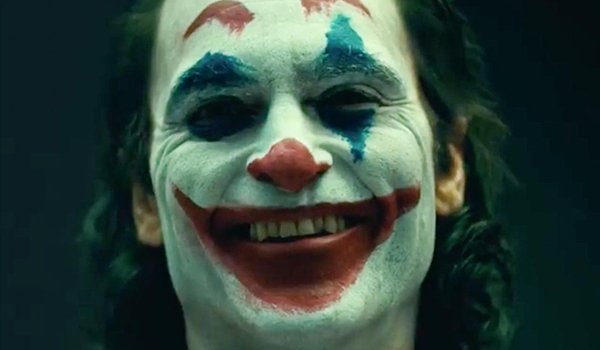
Different Talent
Once upon a time, Joaquin Phoenix was reportedly in the running to play the Master of the Mystic Arts, Doctor Strange, in the Marvel Cinematic Universe. He ultimately turned down the role that eventually went to Benedict Cumberbatch. While we may never know the exact reason, perhaps Joaquin Phoenix did not want to commit to the amount of films that a main role in the MCU requires. These are multi-picture deals that take up years of an actor’s life, and not everyone wants to do that.
Sure, the MCU has no problem getting major, esteemed talent in to its movies, but it is entirely possible that there are other actors forgoing such opportunities because of the commitment these roles require. Now Joaquin Phoenix will join the comic book movie world in Todd Phillips’ Joker, which we presume is a one-off film.
These kinds of projects that attract this kind of talent are possible when the focus isn’t entirely on building a shared universe. I wouldn’t expect Daniel Day-Lewis to come out of retirement to play Lobo in a standalone movie or anything, but maybe a reduced focus on a shared universe will allow more fun things like Joaquin Phoenix’s Joker.
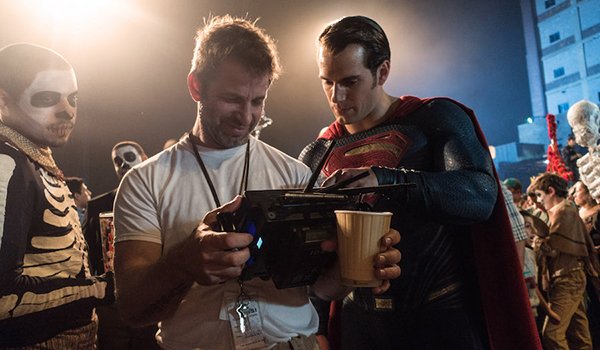
Filmmakers Can Realize Their Vision
There’s a reason that people will be shouting into the void for the Snyder Cut of Justice League forever; it’s because Zack Snyder had a vision for the film and that vision never made its way to the screen. Due to his own family tragedy and the critical failures of Batman v Superman: Dawn of Justice, Zack Snyder was excised out of the cinematic universe he started.
That’s because Zack Snyder’s vision wasn’t working and it wasn’t just his own film that was at stake, but an entire cinematic universe. Without the burden of propping up a whole shared universe, maybe Zack Snyder could have completed a standalone trilogy of films that fully expressed his vision, and that could be the benefit of DC films that aren’t focused on universe-building.
Toby Emmerich has said that it is about the directors and WB is going to take things one movie at a time. That should allow filmmakers to really put their vision onscreen, unencumbered by the need for their film to match those that came before and will come after. Wildly different tones and visual styles can be played with when everything doesn’t have to fit together.
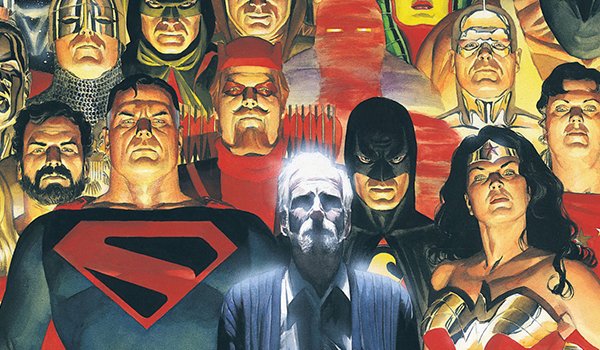
More Flexibility Story-Wise
It sounded weird when Todd Phillips’ Joker was coming together. It's a movie that exists outside of the DCEU and features a Joker that is not Jared Leto’s. But the project is endlessly intriguing in part because it doesn’t exist in the DCEU. The film’s very existence and the story within the film will be testament to the flexibility that comes from a movie that doesn’t have to adhere to the rules and canon of an established universe.
There are endless opportunities with comic book movies, and more of those opportunities can be exercised when there isn’t a focus on a cinematic universe. This should theoretically allow Warner Bros. to take more chances and try weirder stuff and experiment a bit, like doing Elseworlds stories.
When you combine the flexibility that comes with movies not bound to a cinematic universe with the freedom for filmmakers to put an auteurist vision onscreen, you could get some interesting stuff. Give me a 3+ hour highly stylized version of Kingdom Come or Superman: Red Son. Reducing the focus on a cinematic universe and making movies like Joker in theory allows DC to take these kind of exciting risks.
It's odd to argue for a less shared and interconnected universe in the DC realm when I deeply want the X-Men in the MCU, but that's what makes sense for the DC films as they are presently constituted. If Warner Bros. was scrapping everything and starting over from scratch, the answer would be different. So while many (including myself) may lament the opportunity for more Super Friends-type action, less focus on a shared universe and more on individual films and characters seems like the best play for Warner Bros. and DC.
This poll is no longer available.
Nick grew up in Maryland has degrees in Film Studies and Communications. His life goal is to walk the earth, meet people and get into adventures. He’s also still looking for The Adventures of Pete and Pete season 3 on DVD if anyone has a lead.

